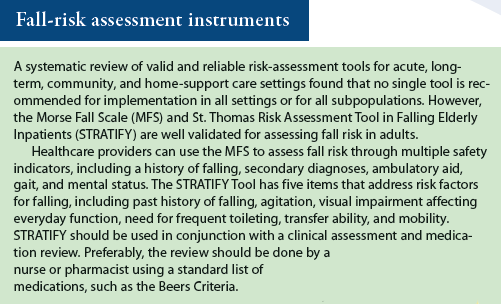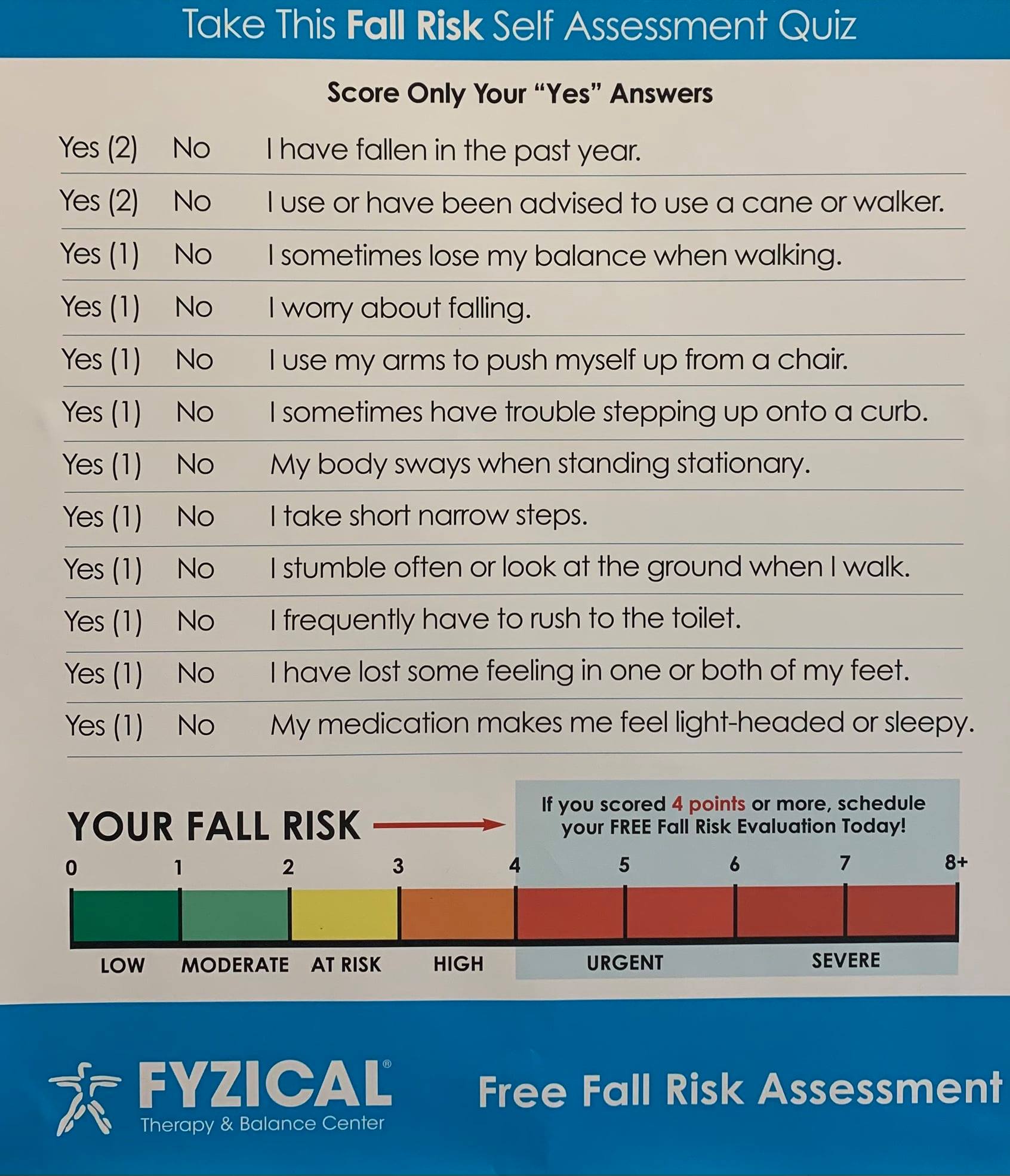10 Easy Facts About Dementia Fall Risk Explained
All about Dementia Fall Risk
Table of ContentsSome Known Incorrect Statements About Dementia Fall Risk Top Guidelines Of Dementia Fall RiskThe Only Guide to Dementia Fall RiskExcitement About Dementia Fall RiskLittle Known Questions About Dementia Fall Risk.
You may be worried due to the fact that you have actually had a loss prior to or because you have actually discovered you're starting to feel unsteady on your feet. You may have discovered modifications to your health and wellness, or simply seem like you're decreasing a little. Whatever the factor, it isn't uncommon to become mindful and shed confidence, and this can stop you doing things you utilized to do and make you really feel extra separated.If you've had an autumn or you have actually started to feel unsteady, inform your physician even if you feel great otherwise. Your doctor can examine your equilibrium and the method you stroll to see if renovations can be made. They may be able to refer you for a falls danger analysis or to the drops prevention service.
This information can be gotten with interviews with the person, their caretakers, and a review of their clinical records. Begin by asking the specific concerning their history of drops, consisting of the regularity and circumstances of any recent falls. Dementia Fall Risk. Ask about any type of wheelchair problems they may experience, such as unstable or trouble walking
Conduct a detailed review of the person's medications, paying particular focus to those known to raise the risk of falls, such as sedatives or drugs that reduced high blood pressure. Establish if they are taking several drugs or if there have actually been recent modifications in their medication program. Review the person's home setting for prospective threats that could boost the danger of drops, such as bad lights, loose carpets, or absence of grab bars in the washroom.
Rumored Buzz on Dementia Fall Risk
Guide the individual with the loss threat evaluation type, describing each inquiry and tape-recording their responses accurately. Guarantee that the individual understands the purpose of the analysis and feels comfortable offering truthful solutions. Calculate the complete risk rating based upon the responses provided in the assessment kind. Identify the person's threat category (reduced, medium, or high) based upon the overall rating and the presence of automatic risky condition variables.
Regularly monitor the person's progress and reassess their risk of falls as required. Offer ongoing education and support to promote security and reduce the risk of drops in their everyday living activities.
Several research studies have actually revealed that physical treatment can assist to reduce the risk of dropping in adults ages 65 and older. In a new study (that checked out falls danger in females ages 80 and older), researchers go to this website calculated the financial effect of choosing physical therapy to stop falls, and they located that doing so saves $2,144, consisting of all the concealed prices of your time, discomfort, missed life events, and the bucks paid for services.
Dementia Fall Risk Things To Know Before You Get This
Examining your balance, toughness, and walking capability. A home security analysis. Based on the examination results, your physical therapist will certainly develop a strategy that is customized to your certain demands.
Older grownups that have difficulty walking and speaking at the exact same time go to a higher threat of dropping. Dementia Fall Risk. To aid increase your safety and security throughout day-to-day tasks, your physiotherapist might develop a training program that will challenge you to preserve standing and walking while you do another job. Instances consist of walking or standing while counting backward, having a conversation, or lugging a bag of groceries
Your physiotherapist additionally can identify which additional info activities you need to avoid to remain safe. Community-based falls avoidance programs help individuals to: Lower their worry of falling. Establish objectives for raising their physical task. Make their homes safer. Exercise extra to boost their strength and equilibrium. These programs usually are led by volunteer trains.
The smart Trick of Dementia Fall Risk That Nobody is Talking About

Measles, or rubeola, is an extremely contagious, acute viral contagious condition triggered by the measles virus. Some people consider measles as just a breakout and fever that removes up in a couple of days; however, measles can cause significant health and wellness issues, particularly in children more youthful than 5-years-old. The very best security against measles is the measles, mumps, and rubella (MMR) injection.
Loss are an usual source of injury among older adults. According to the CDC, in one year alone, fall-related injuries contributed to over $50 billion in medical prices (Dementia Fall Risk). In health center setups, older grownups go to specifically high threat of drops since their lowered movement from being confined to a room or bed.
Not known Facts About Dementia Fall Risk

She has no history of falls, her stride is consistent, and she invalidates with no problems. The previous nurse states that she calls for assistance to the restroom when she requires to go.
Instances of usual autumn interventions/measures include: Making sure an individual's crucial things are within reach. Beyond understanding how to use the Johns Hopkins Autumn Threat Analysis Tool, it's crucial that facilities integrate its use right into an extra comprehensive fall avoidance plan.